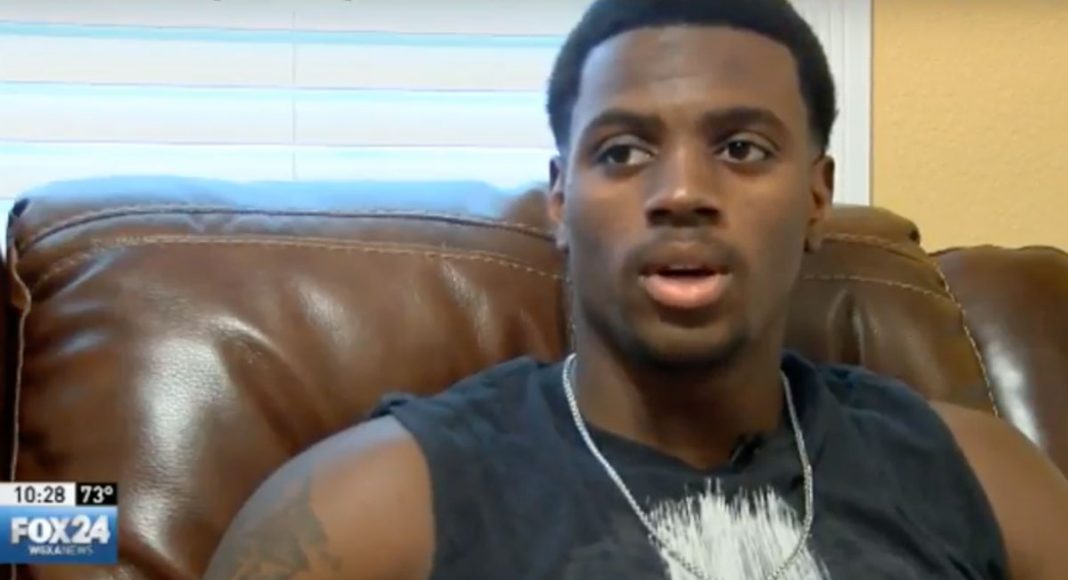When it comes to sports leagues testing athletes for cannabis, the NCAA is generally regarded as the strictest and harshest. The organization is responsible for regulating various sports — from field hockey to baseball and lacrosse — for more than 1,000 institutions and wields considerable influence on its collegiate institutions. That outbalanced sense of power was on display recently when walk-on Auburn safety C.J. Harris had his spot on the football team rescinded when officials learned he used cannabis oil to treat his epilepsy.
Harris used cannabis oil with extremely low levels of THC (0.3 percent), but the NCAA considers 5 nanograms of extracted THC per milliliter of urine a positive test. For comparison, the NFL has a threshold of 35 ng/mL while World Anti-Doping Agency has a high threshold at 150 ng/mL.
-
Related Story: How Each Of America’s Sports Leagues Test For Marijuana
Since being prescribed the cannabis oil by a doctor, Harris hasn’t experienced any seizures. However, WGXA reported that Auburn officials told Harris the NCAA would not allow him to play if he continued taking a drug the organization considered an illicit substance.
“You’re taking something away from a kid who worked so hard his whole life to get there, and you’re just taking it away because he’s taking a medication that’s helping him with a disability,” C.J.’s father Curtis Harris told WGXA.
The news prompted a ruling from the Epilepsy Foundation:
The Epilepsy Foundation is committed to supporting physician-directed care, and to exploring and advocating for all potential treatment options for epilepsy, including cannabidiol (CBD) oil and medical cannabis. We support safe, legal access to medical cannabis and CBD if a patient and their health care team feel that the potential benefits of medical cannabis or CBD for uncontrolled epilepsy outweigh the risks. While we believe further research is needed on the effects of medical cannabis on epilepsy, when recommended by a treating physician, medical cannabis may be the best alternative for some individuals living with drug-resistant epilepsy and uncontrolled seizures.
[…]
We urge the NCAA to review their existing guidelines on THC and explore possible exceptions to allow players under medical treatment, like C.J., the ability to fulfill their dreams of playing college football. We hope the NCAA would reconsider their decision and assess C.J. on his character and talent as a football player.
Now, Curtis Harris has revealed to TMZ Sports that his son would reconsider taking different medication for his seizures, if it meant he could play football. In other words, he’d have to stop taking a medicine that has proven effective just for a chance to play.
-
Related Story: How The Charlotte’s Web Marijuana Strain Helped My Son
“He wants to play,” Curtis Harris said. “He’s gotta find a way and he’s willing to find something that doesn’t have the THC in it. We don’t want to look back and say we didn’t try, but C.J.’s health is most important.”


